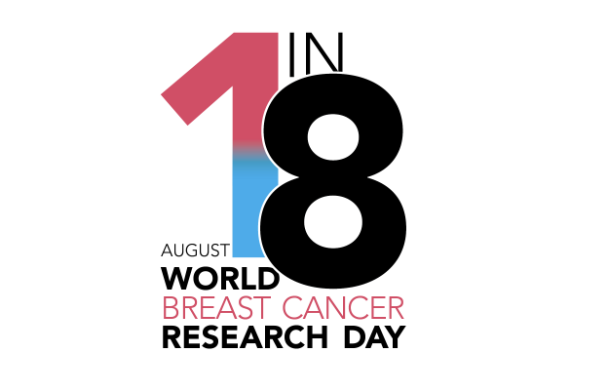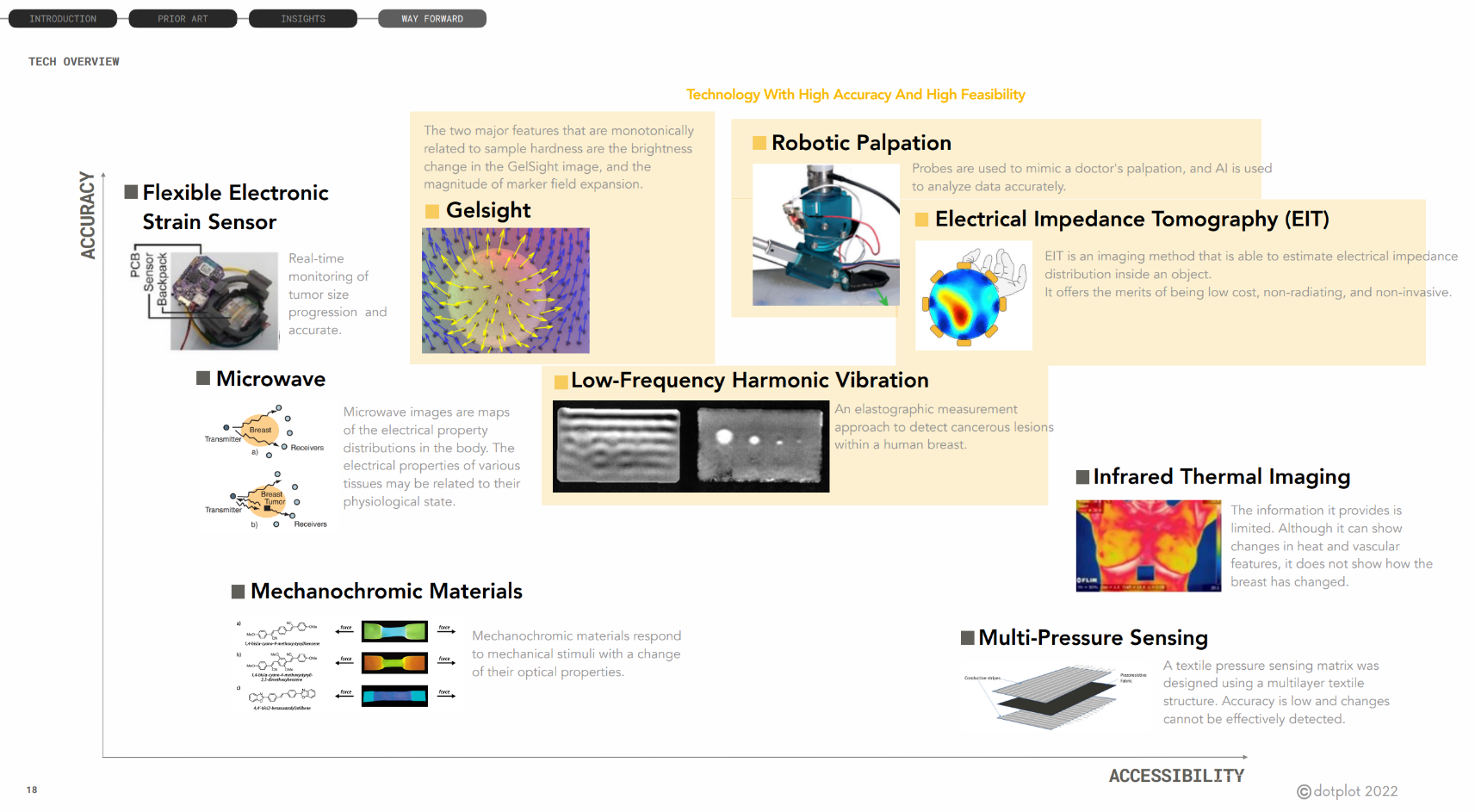Aug 28
Sometimes Research Says: Pivot
October may be better known for Breast Cancer Awareness Month — but did you know August 18th marks World Breast Cancer Research Day? Established in 2021, this day emphasises research and support for the breast cancer community year-round —not just in October.
The date is also symbolic, honouring the 1 in 8 women and approximately 1 in 800 men who will get breast cancer in their lifetimes.
With that in mind, we’re chatting about the ways research nudges us forward — both in our work and in the systems we rely on.

📖 Story Time: Ultrasound Wasn’t Always the Solution
From the very beginning, our engagement with clinicians has been crucial in shaping Dotplot.
Early on, we experimented with different technologies to detect abnormalities in breast tissue. Whilst this was novel and exciting, conversations with clinicians helped us realise making a real-world impact didn’t require reinventing the wheel.
Instead, it meant looking at what was already proven in clinical practice and asking: how could we reimagine this for everyday use?
That’s what led us to ultrasound technology. From a clinical perspective, it made sense — it’s safe, well-established, and already trusted in breast health. From a product perspective, it means a faster and more reliable process to get Dotplot from the lab and into your lives!
(Image: A look at some of the other modalities we considered)

︎ Poll corner
Last month, nearly 90% of you told us you’d had a breast lump scare at some point. That number highlights just how common these moments of anxiety are, reminding us why open conversations about breast health are so important.
📰 News
In Scotland, NHS Forth Valley tested a streamlined breast screening pathway, funded by Cancer Research UK. Instead of waiting for GP appointments and referrals, patients who found a lump were sent straight to a one-stop breast clinic. The pilot — now rolled out across GP practices in the area — showed improved patient experience, quicker diagnosis times, lowered costs per patient, and less strain on GP services, according to research from the University of Stirling.

💭 Closing Thoughts
If there’s one thread amongst everything we’ve shared, it’s that research keeps us moving forward — whether that’s through refining our product, rethinking what already exists, or testing better ways of getting care to people who need it.
Either way, it’s what helps us all get closer to better breast health!
That’s all for this month. See you in the next one 😉